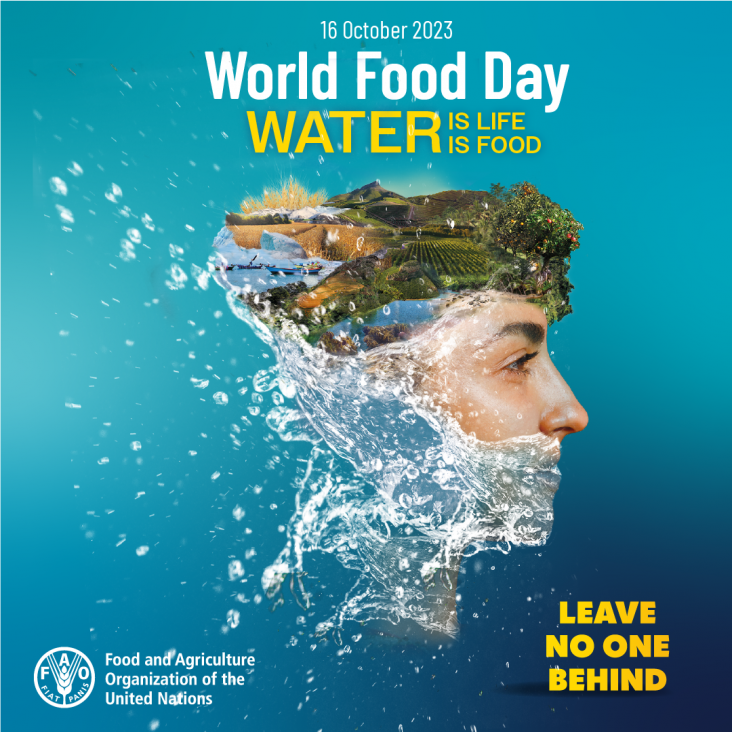This Series paper supports SDGs 3 and 10 by summarising the state of knowledge on inequalities in care delivery and outcomes for patients with cardiovascular disease in the UK
Standard methodology to detect antimicrobiological resistance genes can help in monitroing and hopefully preventing antimicrobial resistance and improving health.

In support of #WorldFoodDay, Elsevier has curated a special collection of free access book and journal content to help raise awareness for water as the foundation for life and food.
Elsevier,
Clinician's Guide to Sexuality and Autism
A Guide to Sex Education for Individuals with Autism Spectrum Disorders
2024, Pages 3-8
This content aligns with Goal 3: Good Health and Wellbeing and Goal 10: Reduced Inequalities by introducing sexuality education curriculum for learners of all ages with autism.
Elsevier,
Clinician's Guide to Sexuality and Autism
A Guide to Sex Education for Individuals with Autism Spectrum Disorders
2024, Pages 9-16
This content aligns with Goal 3: Good Health and Wellbeing and Goal 10: Reduced Inequalities by outlining how to use the book to provide effective teaching in sexuality education with an emphasis on individualization for specific learners.
This content aligns with Goal 3: Good Health and Wellbeing as well as Goal 10: Reduced Inequalities by providing information about access to evidence-based treatment and prevention interventions as well as addressing the underlying social, political and economic issues, such as poverty, lack of access to healthcare, and stigma and discrimination that contribute to the high burden of HIV in the region
With a pressing climate emergency and increasing interconnectedness, the need for action on health at a global level is greater than ever. Achieving Universal Health Coverage with a strong base in primary healthcare is essential. This must be accompanied by policies to address the socioeconomic and environmental determinants of ill health, supporting SDG3.
Examines social equity dimensions of transport policies, including human rights to mobility and road safety. Assesses different governments' policy approaches in relation to these human rights.
Setting and updating information-sharing rules and security mechanisms with the participation of people can help reduce concerns and increase public trust. Healthcare policymakers can encourage the use of health IT in the prevention and treatment of diseases by providing relevant education and informing people.

In The World We Want we explore key themes related to the SDGs: leadership, innovation and youth. Dr. Márcia Balisciano, Global Head of Corporate Responsibility, interviews influencers and thought leaders across disciplines on key topics to achieve the global goals.
